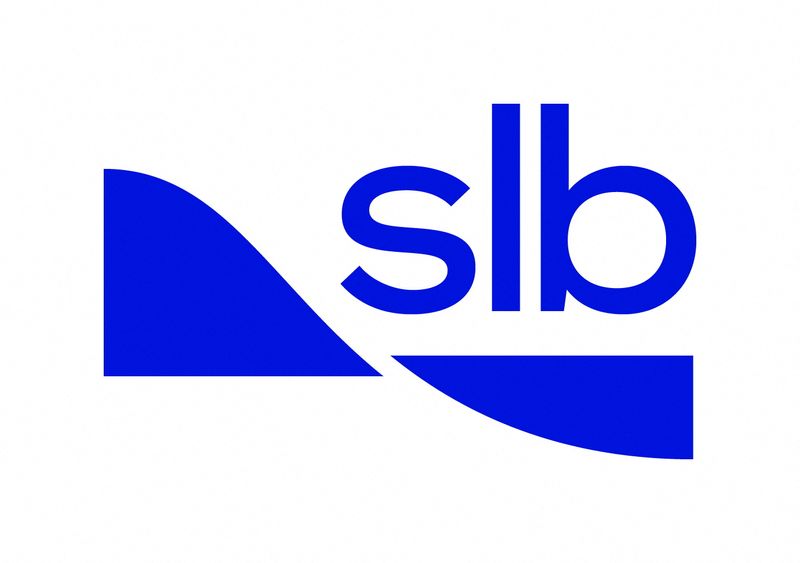By Arathy Somasekhar and Timothy Gardner
HOUSTON/WASHINGTON (Reuters) -Oilfield service provider SLB on Friday said its current business in Russia still aligns with U.S. sanctions issued this month, but that revenue in the country was declining.
The world's largest oilfield service company is one of the few Western firms to remain in Russia after its 2022 invasion of Ukraine.
SLB is under pressure to leave Russia after the U.S. Treasury Department on Jan. 10 issued new sanctions that included adjusting an executive order to cut off Russia's access to U.S. services related to the extraction and production of crude oil and other petroleum products. Companies have until Feb. 27 to wind down operations, according to the sanctions.
U.S. lawmakers from both political parties had urged the Treasury to close the loophole allowing SLB to operate in Russia, which they say boosts revenues for Russian President Vladimir Putin's war on Ukraine.
"Any reasonable interpretation of Treasury's new guidance that 'cuts off access to U.S. services related to the extraction of crude oil' would mean getting U.S. oilfield services companies out of Russia," said U.S. Representative Lloyd Doggett, a Democrat.
President-elect Donald Trump's policy on Russian sanctions is uncertain. President Joe Biden's sanctions were intended to help Trump get a deal in Ukraine.
SLB is reviewing the new sanctions and believes that voluntary measures it has taken to curtail its Russian activity, including halting shipments of product and technology into the country from all SLB facilities worldwide, are aligned with the new restrictions, Chief Executive Officer Olivier Le Peuch said on Friday in an earnings call.

SLB raised its quarterly dividend and accelerated share repurchases as its fourth-quarter profit beat expectations, while also warning of flat 2025 revenue due to an oil oversupply.
Revenue from SLB's operations in Russia has been declining and accounted for 4% of its total revenue in 2024, down from 5% the year before, he said.